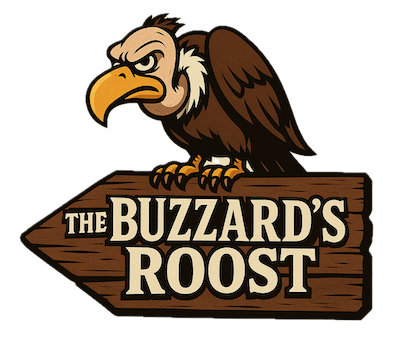Dogs do so much for us. If you came to The Buzzard’s Roost looking for racoon hunting supplies – like Dogtra collars, Garmin accessories or hunting lights – we don’t have to tell you how much help they can provide a hunter. And we probably don’t need to tell you that dogs make wonderful companions, either.
Dogs also assist the police and military. They can sniff out drugs and disease and help to locate disaster victims and find lost children. For eons, dogs have helped to herd livestock. They can also serve as therapy dogs.
Therapy Dogs
There is no doubt in any of our minds that having a dog is therapeutic. (In other words, having a dog will have a positive effect on your physical or mental health – and your life.) But not every dog is a therapy dog.
“Therapy dogs are dogs who go with their owners to volunteer in settings such as schools, hospitals, and nursing homes,” the American Kennel Club (AKC) explains. “From working with a child who is learning to read to visiting a senior in assisted living, therapy dogs and their owners work together as a team to improve the lives of other people.”
It’s important to understand that therapy dogs are not the dogs that you see assisting people with physical disabilities, including blindness. Those are service dogs. They are specially trained to perform tasks that their owners cannot do on their own.
Service dogs are allowed to accompany their owner into stores, on planes – anywhere. Therapy dogs are not. We will save the discussion of emotional support dogs for another day, but they are definitely not service dogs OR therapy dogs.
According to the Alliance of Therapy Dogs, “Therapy dogs come in all sizes and breeds. The most important characteristic of a therapy dog is its temperament. A certified therapy dog must be friendly, patient, confident, gentle, and at ease in all situations. Therapy dogs must enjoy human contact and be content to be petted, cuddled, and handled, sometimes clumsily, by unfamiliar people and to enjoy that contact. The medical community has shown empirical evidence of the benefits of therapy dogs, which reinforces the need for them.”
So, if you have a hound that doesn’t take to racoon hunting, despite training with a Dogtra collar or a Garmin 320, remember there might be another job that dog will be perfect for.
